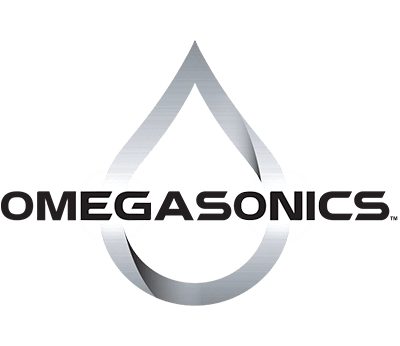Choosing the ideal ultrasonic cleaning solution for dental practices is crucial to ensuring thorough cleaning and the preservation of dental instruments. Here are the essential considerations to help you make an informed decision:
Factors to Consider:
- Material Composition of Instruments: The type of material your dental instruments are made from dictates the appropriate ultrasonic cleaning solution. Specific solutions are formulated for stainless steel, while others may be better suited for plastic or other materials.
- Type of Debris: Various cleaning solutions are designed to target different kinds of debris. Some are formulated to eliminate protein-based residues, while others are effective against mineral deposits or other contaminants.
- Safety and Biocompatibility: It’s vital to select a cleaning solution that is safe for both patients and staff and biocompatible with the dental instruments being cleaned.
- Efficiency: The chosen cleaning solution should efficiently remove debris and disinfect the instruments. Evaluating product specifications and customer reviews can provide insights into the solution’s effectiveness.
- Environmental Impact: Opt for environmentally friendly, biodegradable and non-toxic cleaning solutions.
- Cost: While cost should not be the sole factor, finding a solution that balances cost-effectiveness with quality and efficiency is essential.
- Manufacturer’s Recommendations: Always follow the manufacturer’s guidelines when selecting a cleaning solution for your dental instruments to ensure compatibility and effectiveness.
Selecting the correct ultrasonic cleaning solution ensures that your dental instruments are thoroughly cleaned and extend their lifespan, improving the efficiency of your practice and enhancing patient satisfaction.
Critical Considerations for Selecting an Ultrasonic Dental Instrument Cleaner
When choosing an ultrasonic cleaner for dental instruments, consider the following factors:
- Size and Capacity: Choose a cleaner based on the number of instruments you need to clean at once. Compact units are ideal for small clinics, while larger models are better suited for bigger practices or hospitals.
- Cleaning Efficiency: The efficiency of cleaners varies depending on the ultrasonic technology used. Consider both the cleaning rate and the thoroughness of the cleaning process.
- Ease of Use: Select a user-friendly cleaner. Features like digital displays, automatic timers, and intuitive controls can enhance usability.
- Durability: The longevity of the cleaner is crucial. Assess the quality of materials and the manufacturer’s reputation for producing durable equipment.
- Maintenance and Cleaning: Some cleaners are easier to maintain than others. Evaluate how simple it is to drain, refill, and clean the tank.
- Cost: Look for a cleaner that offers good value for money. This means balancing cost and quality, not necessarily opting for the cheapest option.
- Safety Features: Safety is paramount when using medical equipment. Features like automatic shut-off, temperature control, and secure lids are essential considerations.
- Warranty and After-Sales Service: Consider the warranty period and the quality of after-sales service provided by the manufacturer. This ensures support in case of any issues with the cleaner.
Choosing the right ultrasonic cleaner depends on your specific needs and circumstances. By considering these factors, you can make an informed decision that enhances the efficiency and safety of your dental practice.

